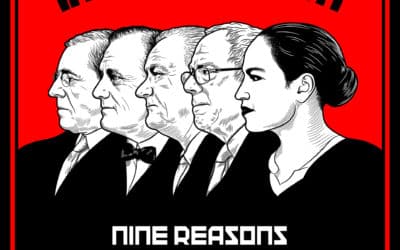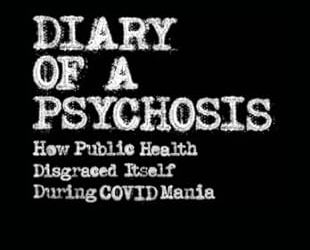Hooray! Announcing the publication of executive editor Sheldon Richman's new book, What Social Animals Owe to Each Other! These essays, written over the past 20 years, have a single underlying theme: namely, that we human beings, as social animals, need individual...
social cooperation
Blog
Shop Our Books
Domestic Imperialism: Nine Reasons I Left Progressivism
Imagine the Catholic Church (or any person or group of people) doing what the government does every day: Everyone who doesn’t give the Catholic Church 25% of his annual income every year will be put in jail. If he resists the Jesuit officer, the officer has the right...
Diary of a Psychosis: How Public Health Disgraced Itself During COVID Mania
FOREWORD BY JAY BHATTACHARYA, MD, PHD Diary of a Psychosis is different from all other books on Covid: it traces the development of the government response as it happened, bit by bit, and subjects it to relentless scrutiny: did any of it do any good? It thereby...
Last Rights: The Death of American Liberty
Americans today have “freedom” to be fleeced, groped, injected, harassed, surveilled, vilified, disarmed, beaten, detained, and maybe shot by federal agents. From hapless homeowners hit by SWAT raids to pandemic lockdowns pointlessly paralyzing lives, government...













